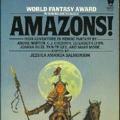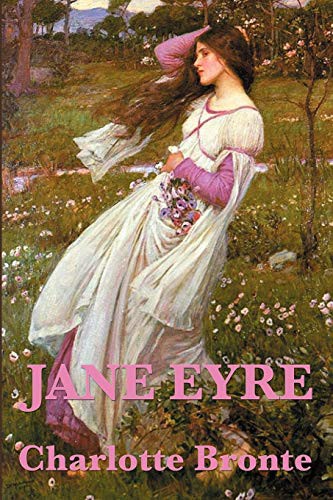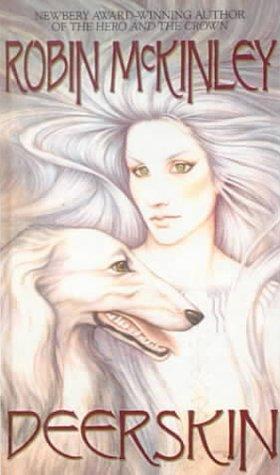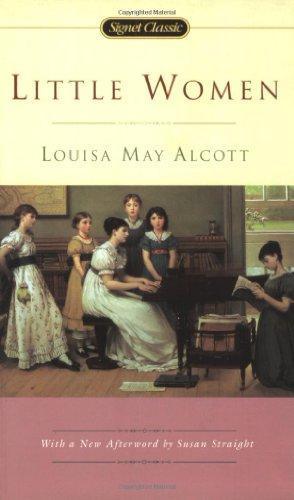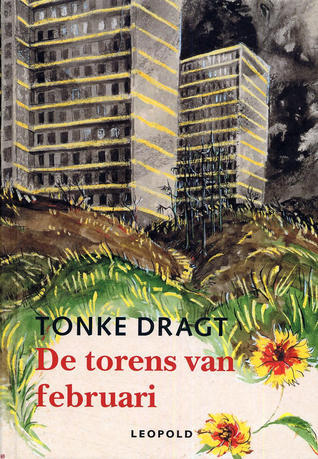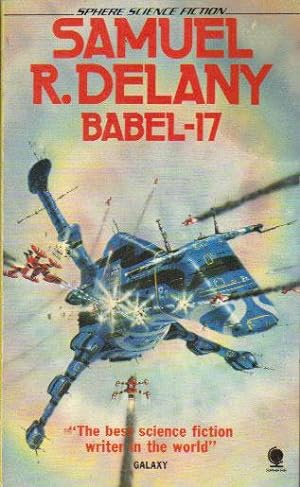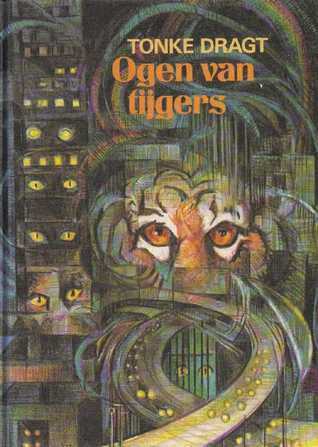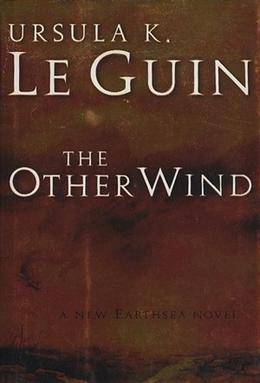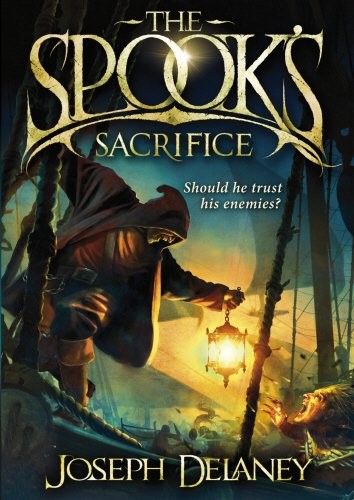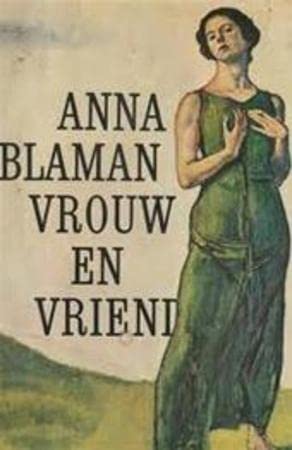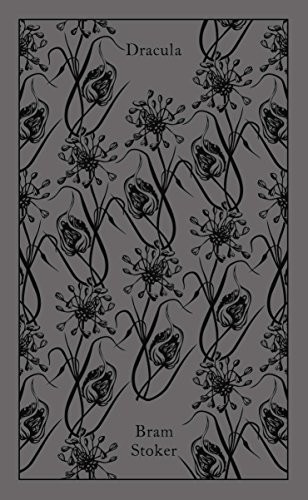radio-appears reviewed Jane Eyre by Charlotte Brontë
I didn't get Wuthering Heights, but I get Jane Eyre
This is the third book written by the Brontë sisters I've read, and so far I've definitely enjoyed it the most. The Tenant of Wildfell Hall felt a little too moralistic to me, with Wuthering Heights I couldn't understand the characters' motivation. Jane however? I get Jane. Abused and neglected in childhood, desperate for love, yet still too proud to accept crumbs... I get Jane Eyre.
It's just a shame how much the two other most interesting female characters in the book - which would be Bertha and Adele - are treated. Bertha is little more than a plot device, when her story carries so much potential. Charlotte Bronte wouldn't have even had to make her sympathetic to satisfy me, just show a little bit more of her perspective. But, you know, I'm a person who has lived in the world for a couple of years, so I knew …
This is the third book written by the Brontë sisters I've read, and so far I've definitely enjoyed it the most. The Tenant of Wildfell Hall felt a little too moralistic to me, with Wuthering Heights I couldn't understand the characters' motivation. Jane however? I get Jane. Abused and neglected in childhood, desperate for love, yet still too proud to accept crumbs... I get Jane Eyre.
It's just a shame how much the two other most interesting female characters in the book - which would be Bertha and Adele - are treated. Bertha is little more than a plot device, when her story carries so much potential. Charlotte Bronte wouldn't have even had to make her sympathetic to satisfy me, just show a little bit more of her perspective. But, you know, I'm a person who has lived in the world for a couple of years, so I knew about the woman in the attic, and I was prepared for her. It was Adele who really broke my heart. She's what? Supposed to be nine years old? And Rochester and Jane both judge her so harshly for being basically a young girl who likes dresses and presents and people giving her attention. It's sad, she was adopted by a man who may or may not be her father and he... kinda hates her, because he projects her mother's rejection of him on her childlike shallowness.
I'm planning on reading Wide Sargasso Sea, the famous prequel from Bertha's perspective, but I also heard that Angela Carter was apparently planning a novel about Adele that she didn't get to finish before her death. What a shame! I would have loved to read that.
(Also, the woman on the painting they chose for the cover of this version is much too pretty. I always pictured her as a very slight, mousy girl, with ears that stuck out a bit.)
